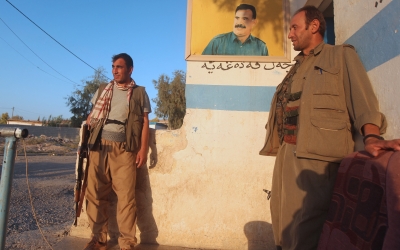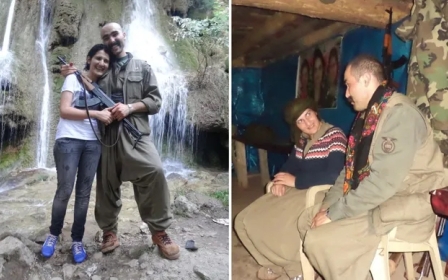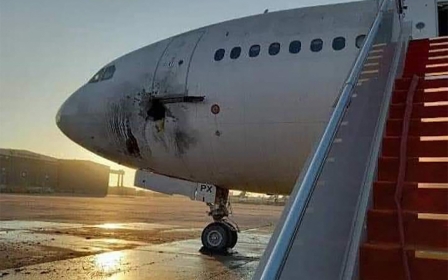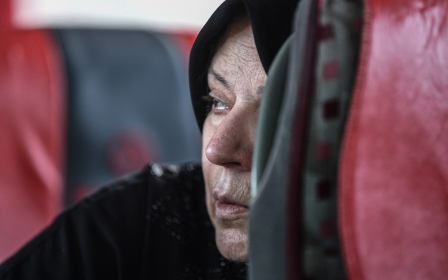Iraq protests after Kurdish refugee camp hit by Turkish air strikes
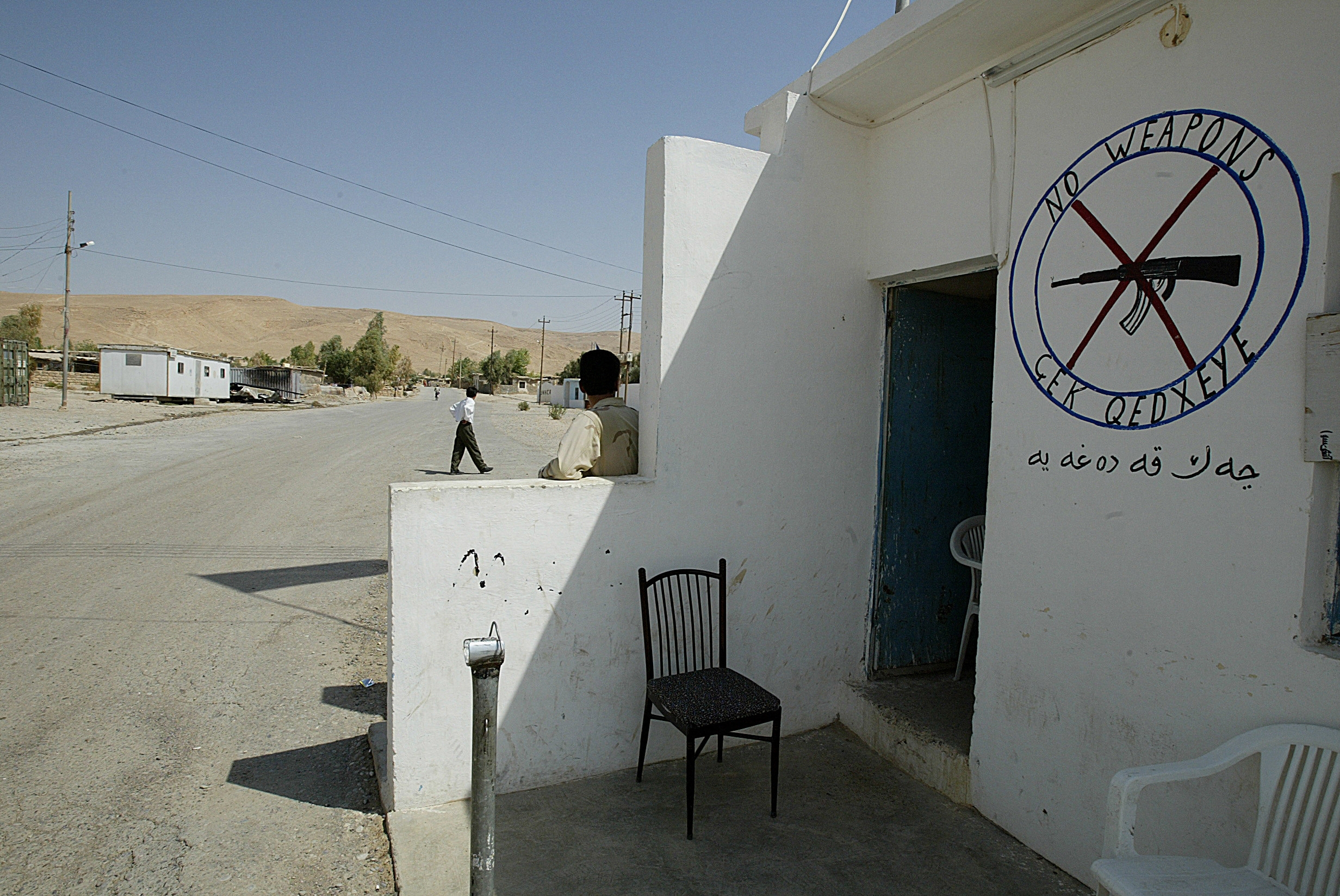
Iraqi officials have reacted with anger after Turkish air strikes hit Kurdish refugee camps in the north of the country, alongside targets allegedly linked to the Kurdistan Workers' Party (PKK).
Tuesday evening's strikes hit targets in the provinces of Sinjar and Makhmour, as well as a number of areas in northeastern Syria.
A health official in Makhmour told Rudaw that eight people had been killed and 17 others wounded in the attack on the region, among them civilians and PKK fighters. An official statement from the Kurdistan Regional Government (KRG) said the strikes had caused "human and material losses", but did not give details.
According to the Syrian Observatory for Human Rights, strikes near the town of al-Malikiyah in Hasakah province left "at least four" people dead.
The air strikes in Makhmour targeted a refugee camp established in the 90s that houses over 12,000 people, mainly Kurds from Turkey who fled their homeland as a result of village depopulation and fighting between the state and the PKK in Turkey's southeast.
The PKK and Turkey have fought a guerilla war since 1984, which has seen at least 45,000 people killed. The PKK and its affiliates have bases across northern Iraq and Syria, which has inspired Turkey to launch repeated incursions across its southern border.
Turkey's Defence Minister Hulusi Akar said on Wednesday that "many terrorists" had been killed in the operation, which he said targeted shelters, tunnels, caves, ammunition depots, bases and training camps linked to the PKK.
"The terrorists have once again felt the breath of the Turkish Armed Forces on their necks," he said.
Violation of sovereignty
Iraqi officials have repeatedly expressed their anger at Turkey's operations within their borders. In a statement on Twitter, Iraq's Security Media Cell called on Turkey to "adhere to good neighbourliness" and stop the attacks on Iraqi territory.
The statement added that Iraq was "fully prepared for cooperation between the two countries and to control the security situation on the common borders".
'Nobody can stop them. They don’t care if it’s a child, a woman, whatever'
- Hassan, Makhmour camp resident
Turkey has established a number of bases in northern Iraq in recent years, particularly in the mountainous regions of Erbil and Duhok in the north of the Kurdish region, principally with the intention of combating the PKK.
The Turkish Defence Ministry on Sunday released video footage showing soldiers and artillery operating in the snow in Iraq's northern mountains, adding in a statement that "elements of the Turkish Armed Forces continue their homeland watch under snow and sub-zero temperatures in many base areas at an altitude of thousands of metres".
Qais al-Khazali, leader of the Asaib Ahl al-Haq armed movement in Iraq, warned on Tuesday that if Turkey did not hold off from further incursions, they would "teach the Turkish occupation tough lessons and force them out of the pure land of Iraq".
Repeated air strikes
Turkey has struck the UN-supported Makhmour refugee camp a number of times before, with President Recep Tayyip Erdogan branding the settlement as an "incubation centre for terrorism".
The KRG has tightened controls over the residents of the camp since the assassination of a Turkish diplomat by a suspected PKK member in the nearby city of Erbil in 2019.
Residents have previously told Middle East Eye that they were effectively banned from travelling to Erbil, previously an economic lifeline for them, around an hour's drive outside the camp.
Although security officials in the camp promised on Wednesday they would "expand our resistance" in the face of the air strikes, many residents have become increasingly despondent in the face of repeated air strikes and pressure from local officials in Iraq.
Many have begun to leave the camp, often paying thousands of dollars to people smugglers, if they can afford it.
"They don’t let us go anywhere, especially Erbil. If someone was about to die, maybe they would let them go to the hospital," Hassan, a resident of the camp, told MEE in October, using only his first name for security reasons.
“It’s really hard… we have to travel to Baghdad and those areas to get some job... it’s harmed all of us.”
A previous air strike by Turkey in June 2021 killed three people - including camp leader and alleged PKK official Selman Bozkir - shortly after Erdogan warned that his government would "clean up" the camp if the UN failed to do so.
“Five, ten minutes before some air strikes I was there. It was really, really bad. Two persons, two civilians, they got killed," said Hassan.
A second air strike targeted the camp in September, though no one was killed. Hassan said there was little the residents, or anyone else, could do regardless.
“Nobody can stop them. They don’t care if it’s a child, a woman, whatever," he said.
Middle East Eye propose une couverture et une analyse indépendantes et incomparables du Moyen-Orient, de l’Afrique du Nord et d’autres régions du monde. Pour en savoir plus sur la reprise de ce contenu et les frais qui s’appliquent, veuillez remplir ce formulaire [en anglais]. Pour en savoir plus sur MEE, cliquez ici [en anglais].


